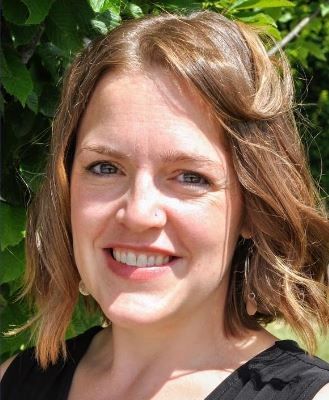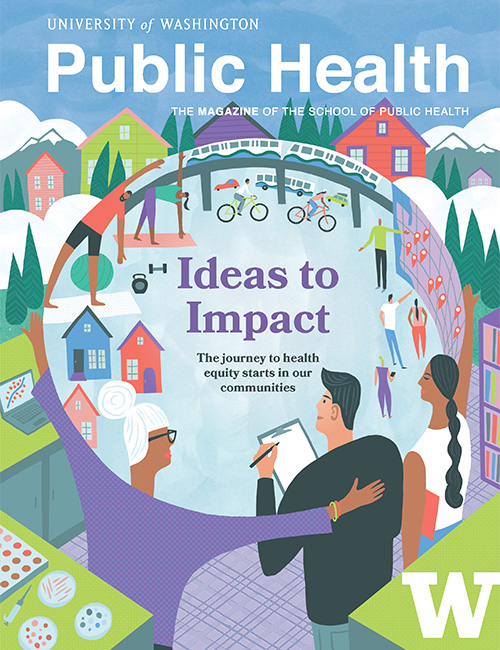The excellence of our new faculty is the key to our School being an internationally known leader in public health education, research, and policy development.
Note: faculty with an asterisk are pending University of Washington Board of Regents approval.
Helen Chu | Professor, Epidemiology
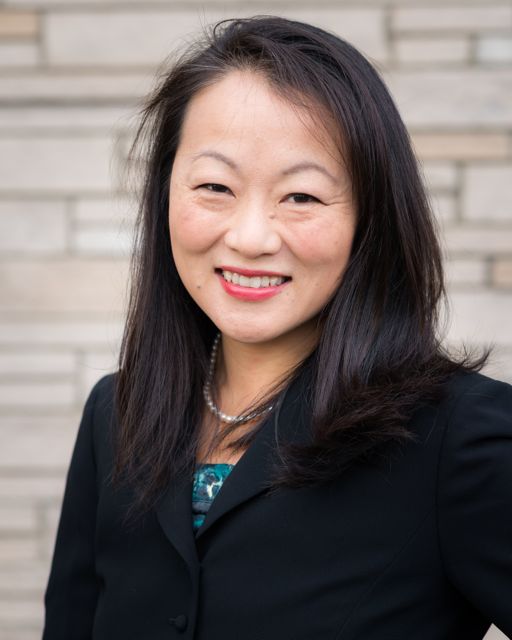 Helen Chu began a joint appointment with SPH in March 2024. She has held an adjunct appointment with SPH since 2017 and holds a primary appointment with the UW School of Medicine. She studies respiratory viruses and vaccines and has conducted clinical trials of maternal flu vaccines in Nepal, SARS-CoV-2 vaccines, and antivirals for treatment of COVID-19. As part of the Seattle Flu Study, she designed a prototype pandemic preparedness platform, conducting home-based testing for respiratory viruses with home antiviral treatment. This study first identified COVID-19 community transmission in the U.S. She is a member of the CDC Advisory Committee on Immunization Practices, which develops vaccine recommendations for use in the United States.
Helen Chu began a joint appointment with SPH in March 2024. She has held an adjunct appointment with SPH since 2017 and holds a primary appointment with the UW School of Medicine. She studies respiratory viruses and vaccines and has conducted clinical trials of maternal flu vaccines in Nepal, SARS-CoV-2 vaccines, and antivirals for treatment of COVID-19. As part of the Seattle Flu Study, she designed a prototype pandemic preparedness platform, conducting home-based testing for respiratory viruses with home antiviral treatment. This study first identified COVID-19 community transmission in the U.S. She is a member of the CDC Advisory Committee on Immunization Practices, which develops vaccine recommendations for use in the United States.
Jason Daniel-Ulloa | Associate Teaching Professor, Health Systems and Population Health and Global Health
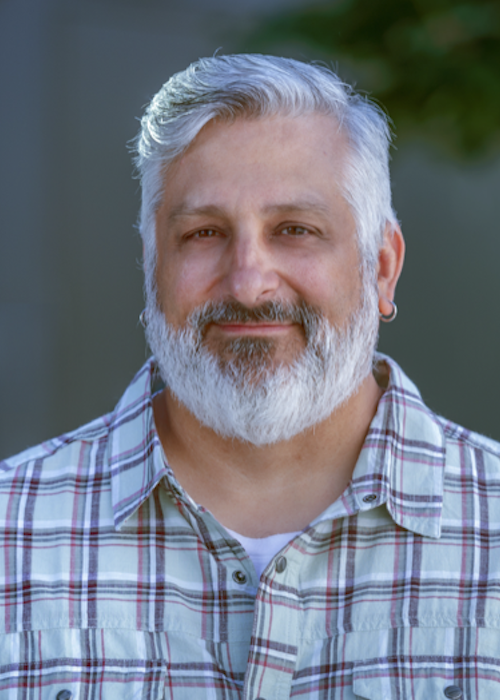 Jason Daniel-Ulloa's joined the UW SPH faculty in December 2023. Daniel-Ulloa's area of expertise is Latinx health, social construction of gender and the impact on health, discrimination and other challenges to educational success experienced by students from marginalized communities. Daniel-Ulloa blends community-based participatory research with decolonized teaching frameworks to train the public health workforce to be self-reflective and flexible in a rapidly changing world.
Jason Daniel-Ulloa's joined the UW SPH faculty in December 2023. Daniel-Ulloa's area of expertise is Latinx health, social construction of gender and the impact on health, discrimination and other challenges to educational success experienced by students from marginalized communities. Daniel-Ulloa blends community-based participatory research with decolonized teaching frameworks to train the public health workforce to be self-reflective and flexible in a rapidly changing world.
Robin Mejia | Assistant Teaching Professor, Biostatistics
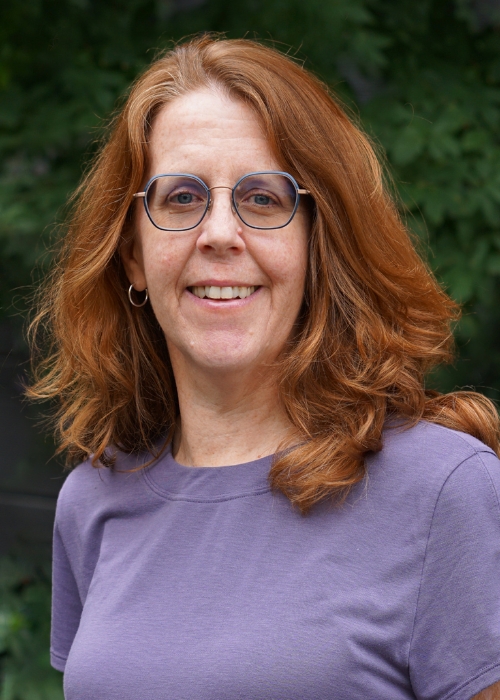 Robin Mejia joined the UW SPH faculty in September 2024. Mejia combines technical skills and a background in science communication to teach statistical methods to students from a range of backgrounds. Her interests include survey methods, health disparities, and statistical issues related to criminal justice. During the pandemic, she was a faculty lead for a daily online survey on COVID-19 symptoms, behaviors and beliefs that averaged 15,000 responses a day over two years and produced data used by public health officials and researchers in more than 50 peer-reviewed publications so far.
Robin Mejia joined the UW SPH faculty in September 2024. Mejia combines technical skills and a background in science communication to teach statistical methods to students from a range of backgrounds. Her interests include survey methods, health disparities, and statistical issues related to criminal justice. During the pandemic, she was a faculty lead for a daily online survey on COVID-19 symptoms, behaviors and beliefs that averaged 15,000 responses a day over two years and produced data used by public health officials and researchers in more than 50 peer-reviewed publications so far.
David Mukasa | Assistant Teaching Professor, Global Health
 David Mukasa joined the UW SPH faculty in December 2023. Mukasa teaches in both the Department of Global Health and in the Public Health – Global Health undergraduate major, focusing on research methods, global health and genomics. Mukasa’s expertise includes large-scale analyses based on data from nationwide population-based prospective cohorts and has worked on the derivation of prediction equations to estimate future risk of complex diseases. Mukasa has also collaborated on infectious disease research, such as vaccine effectiveness, disease surveillance, and cost of illness.
David Mukasa joined the UW SPH faculty in December 2023. Mukasa teaches in both the Department of Global Health and in the Public Health – Global Health undergraduate major, focusing on research methods, global health and genomics. Mukasa’s expertise includes large-scale analyses based on data from nationwide population-based prospective cohorts and has worked on the derivation of prediction equations to estimate future risk of complex diseases. Mukasa has also collaborated on infectious disease research, such as vaccine effectiveness, disease surveillance, and cost of illness.
Sarah Munro | Assistant Professor, Health Systems and Population Health
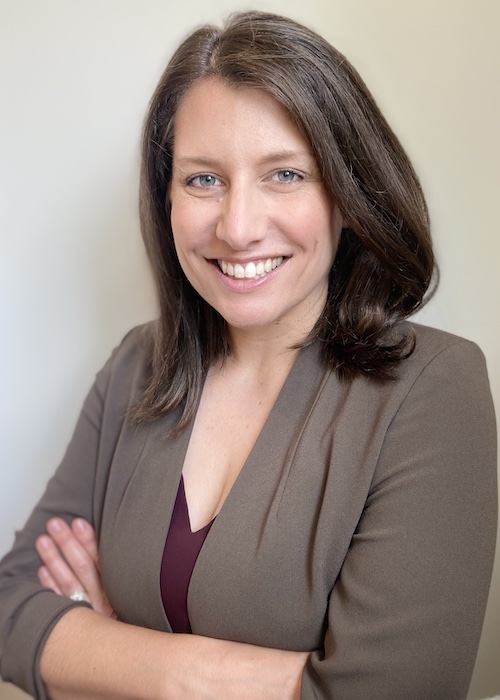 Sarah Munro joined the UW SPH faculty in January 2024. Munro is a qualitative health services researcher who conducts interdisciplinary research on equitable access to family planning care. She is the principal investigator of multiple international investigations on youth contraception access, Indigenous peoples’ access to family planning care, traveling to access abortion care, and development and implementation of person-centered shared decision-making interventions.
Sarah Munro joined the UW SPH faculty in January 2024. Munro is a qualitative health services researcher who conducts interdisciplinary research on equitable access to family planning care. She is the principal investigator of multiple international investigations on youth contraception access, Indigenous peoples’ access to family planning care, traveling to access abortion care, and development and implementation of person-centered shared decision-making interventions.
Jillian Pintye | Associate Professor, Global Health*
 Jillian Pintye joined the UW SPH faculty in August 2024 with a joint appointment in the Department of Global Health; her primary appointment is in the UW School of Nursing, which she joined in 2019. Pintye serves as principal investigator on a suite of NIH-funded studies related to HIV/STI prevention and treatment in pregnant populations and young cisgender women, including hybrid effectiveness-implementation RCTs of strategies to promote HIV PrEP use and STI testing and treatment, and safety evaluations of antiretroviral use in pregnancy for HIV prevention and treatment.
Jillian Pintye joined the UW SPH faculty in August 2024 with a joint appointment in the Department of Global Health; her primary appointment is in the UW School of Nursing, which she joined in 2019. Pintye serves as principal investigator on a suite of NIH-funded studies related to HIV/STI prevention and treatment in pregnant populations and young cisgender women, including hybrid effectiveness-implementation RCTs of strategies to promote HIV PrEP use and STI testing and treatment, and safety evaluations of antiretroviral use in pregnancy for HIV prevention and treatment.
Kirk Tickell | Research Assistant Professor, Global Health
 Kirk Tickell joined the UW SPH faculty in July 2024. Tickell’s research is focused on optimizing the management of children with wasting and improving discharge care for children leaving the hospital. Over the last 10 years, he has worked with colleagues at the Kenya Medical Research Institute and the UW to build an increasingly equitable research platform for conducting clinic and community-based child health research.
Kirk Tickell joined the UW SPH faculty in July 2024. Tickell’s research is focused on optimizing the management of children with wasting and improving discharge care for children leaving the hospital. Over the last 10 years, he has worked with colleagues at the Kenya Medical Research Institute and the UW to build an increasingly equitable research platform for conducting clinic and community-based child health research.
Heidi van Rooyen | Professor and Chair, Global Health
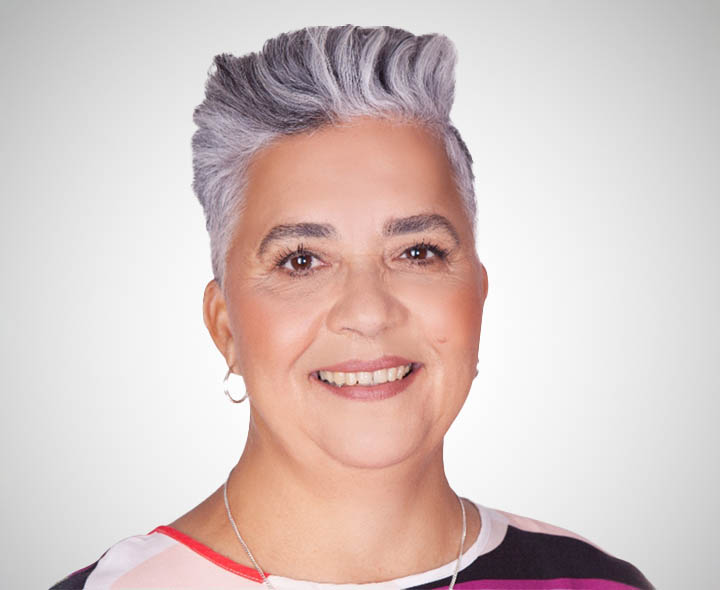 Heidi van Rooyen joined the UW SPH faculty in July 2024 and begins her position as chair of the Department of Global Health on Oct. 1, 2024. Van Rooyen is an internationally recognized executive leader, social scientist and clinical psychologist from the Global South. For the last three decades she has led multi-disciplinary teams to deliver impactful bio-behavioral-social research on COVID, HIV and AIDS, health and sexual and reproductive rights through a mix of public health, health systems, implementation science, intervention and policy research.
Heidi van Rooyen joined the UW SPH faculty in July 2024 and begins her position as chair of the Department of Global Health on Oct. 1, 2024. Van Rooyen is an internationally recognized executive leader, social scientist and clinical psychologist from the Global South. For the last three decades she has led multi-disciplinary teams to deliver impactful bio-behavioral-social research on COVID, HIV and AIDS, health and sexual and reproductive rights through a mix of public health, health systems, implementation science, intervention and policy research.
Megha Ramaswamy, professor and incoming chair, Health Systems and Population Health
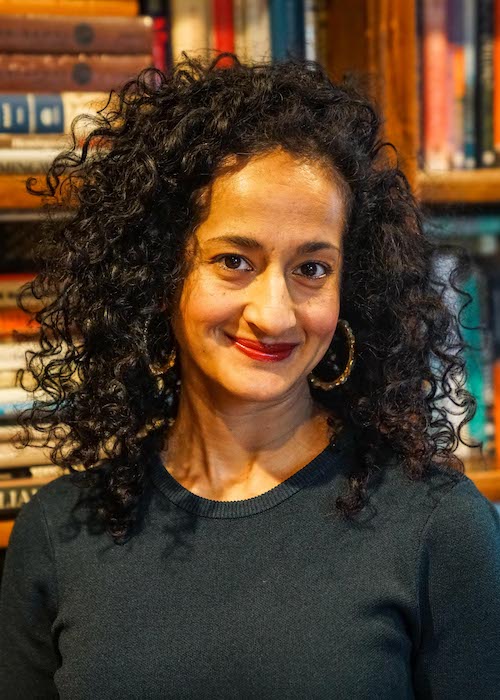
Dr. Ramaswamy is a public health researcher, teacher and mentor who works in the fields of sexual and reproductive health, cancer prevention and criminal legal system research. Her research has been continuously supported by the National Institutes of Health/National Cancer Institute, with a portfolio totaling $15 million for research and training.
Katarina Mucha, assistant teaching professor, Global Health
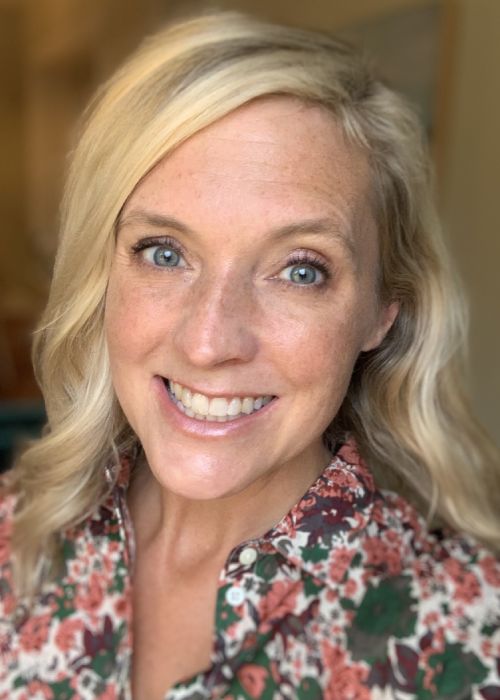
Dr. Mucha’s scholarship focuses on the study of health disparities to develop and create culturally appropriate interventions and programs for immigrant, minority and traditionally underrepresented communities. Her work is guided by a community-based participatory research approach designed to re-shape and advance the field of global health to achieve social equity and ethical engagement in socially disadvantaged populations.
Neil Sehgal, associate professor, Health Systems and Population Health
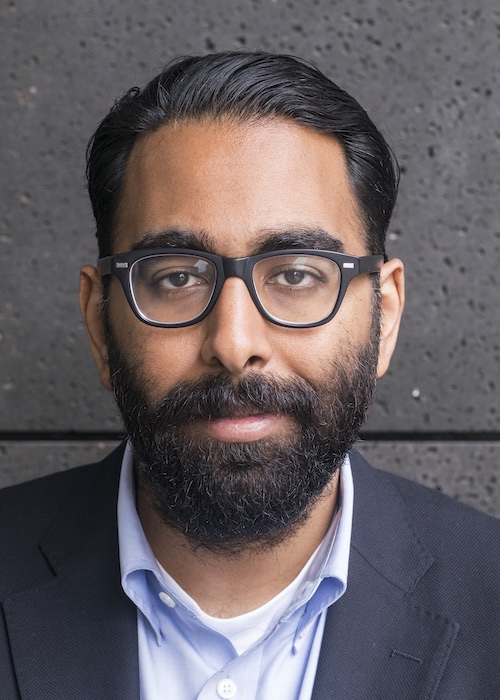
Dr. Sehgal is a health services researcher trained in organizational behavior, whose research focuses on COVID-19, health equity and disparities, the healthcare workforce, and outcomes of care. Sehgal has secured funding from the National Science Foundation, National Institutes of Health, and Fred Hutchinson Cancer Research Center, among many other agencies.
Stipica Mudrazija, assistant professor, Health Systems and Population Health

Dr. Mudrazija studies issues related to population aging, intergenerational support, and health and wellbeing of older adults in the United States and internationally, and is an elected member of the National Academy of Social Insurance. His research has been supported by the National Institutes of Health and other federal agencies, as well as major foundations and philanthropic organizations.
Jeanie Santaularia, assistant professor, Epidemiology
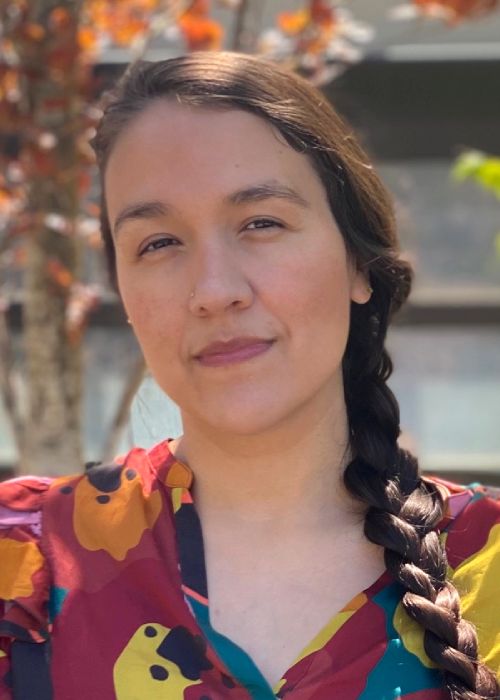
Dr. Santaularia is an interdisciplinary population health researcher. Her primary areas of research include violence prevention, social epidemiology, health equity, and social determinants of health. Her research examines how: (1) social and institutional determinants influence violence; and (2) violence gets under the skin or is ‘embodied’ to impact health.
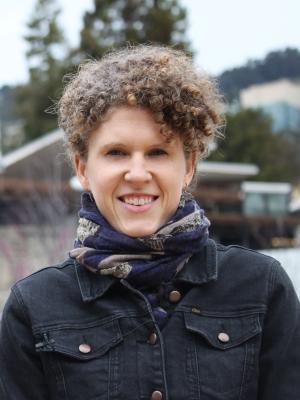 Joan Casey, assistant professor, Environmental & Occupational Health Sciences.
Joan Casey, assistant professor, Environmental & Occupational Health Sciences.
Dr. Casey is an environmental epidemiologist who focuses on environmental health, environmental justice, and sustainability. Her research uses large secondary health datasets, such as electronic health records, to study the relationship between emerging environmental exposures and population health.
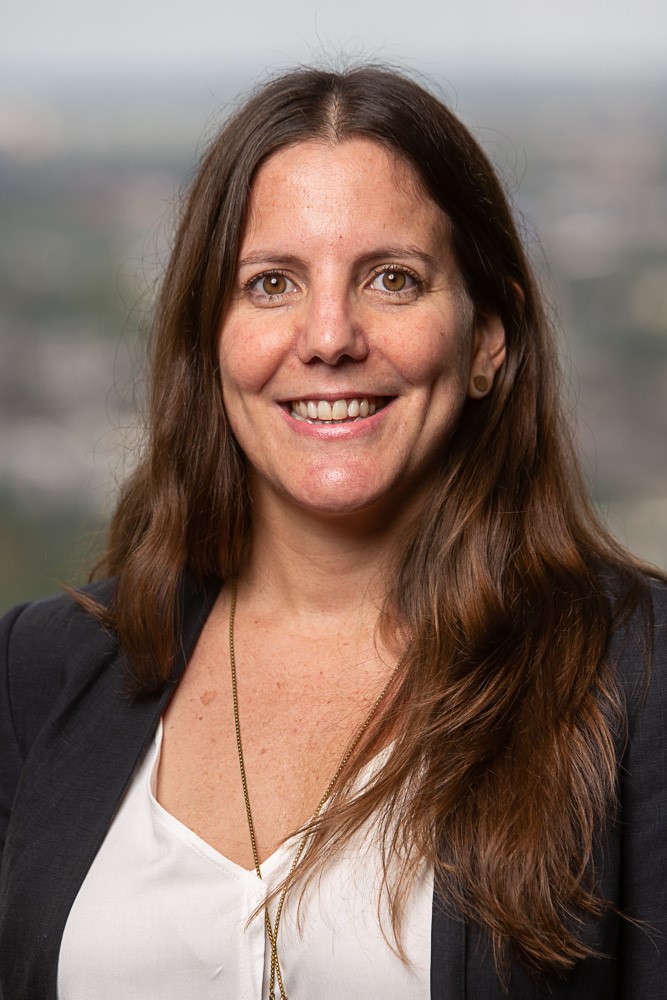 Pia Chaparro, assistant professor, Health Systems and Population Health.
Pia Chaparro, assistant professor, Health Systems and Population Health.
Dr. Chaparro is a public health nutritionist with training and experience in domestic and international settings, with an overarching focus on addressing social inequities in nutritional outcomes. Her specific research interests include food insecurity, food and nutrition policy, maternal and child health (MCH) nutrition, and the double burden of malnutrition in Latin America.
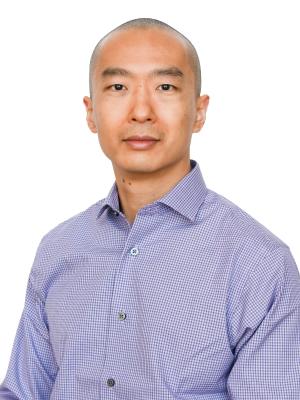 Yijie Geng, assistant professor, Environmental & Occupational Health Sciences.
Yijie Geng, assistant professor, Environmental & Occupational Health Sciences.
Dr. Geng is broadly interested in elucidating the molecular basis of social behavior in health and diseases. In particular, a current focus of the Geng lab is to understand how environmental factors influence social behavior and its related mental illnesses such as autism spectrum disorder.
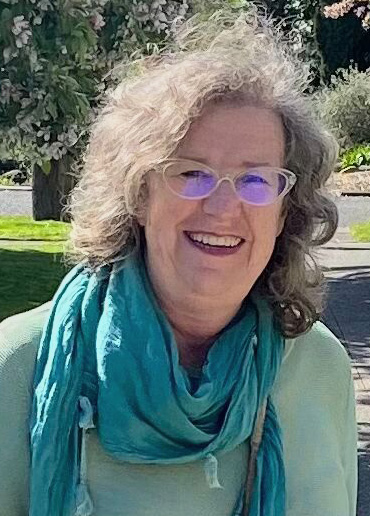 Andrea Rotnitzky, professor, Biostatistics.
Andrea Rotnitzky, professor, Biostatistics.
Dr. Rotnitzky’s research centers in the development of analytical tools for estimating, from non or imperfect experimental data, the effects of interventions. This work falls into the general area of causal inference and missing and censored data analysis.
Editor’s note: The following new faculty will be joining SPH in 2023-2024, pending UW Board of Regents approval.
Hyunju Kim, assistant professor, Epidemiology

Dr. Kim is a nutritional epidemiologist with a strong interest in multiple omics data. Her research focuses on 1) building evidence on the role of diets for cardiovascular disease prevention, 2) identifying metabolic and biologic pathways that are modifiable by healthy diets, and 3) uncovering early biomarkers and therapeutic targets of cardiovascular disease and kidney disease.
Kevin Lin, assistant professor, Biostatistics
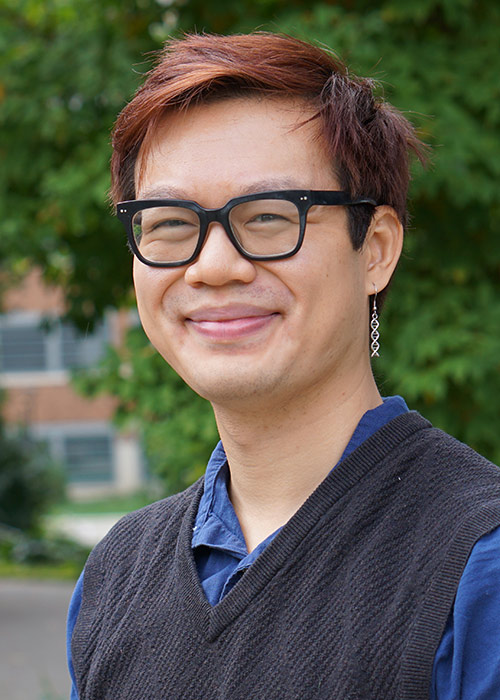
Dr. Lin’s work develops statistical methods to advance single-cell biology, focusing on discovering and quantifying the mechanisms that allow cells to adapt or differentiate over time. He has investigated various biological systems through single-cell sequencing data, such as the human developing brains to understand the autism spectrum better or cancer cell lines to understand acquired resistance better.
Guanghao Qi, assistant professor, Biostatistics
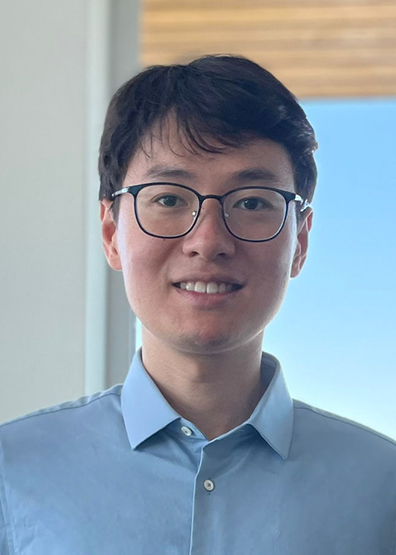
Dr. Qi’s research centers around the development of statistical and machine learning methods for large-scale genetic and genomic studies. Specific areas of interest include statistical genetics, Mendelian randomization, and single-cell genomics. Qi earned his PhD in Biostatistics from Johns Hopkins in 2020 and completed postdoc training at Johns Hopkins University.
Logan Trenaman, assistant professor, Health Systems and Population Health
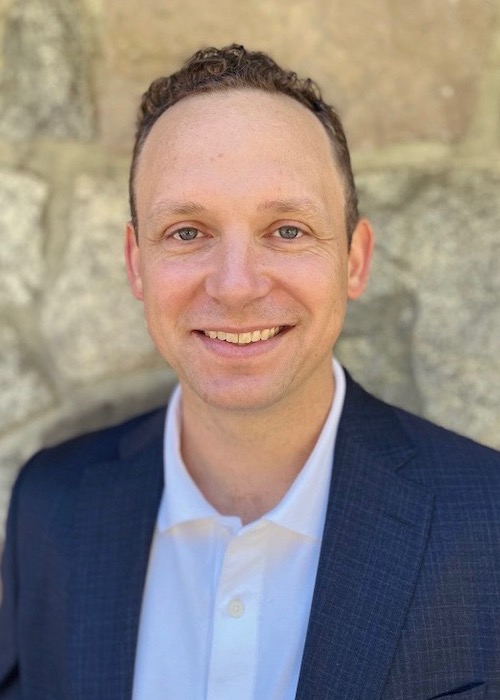
Dr. Trenaman conducts patient-oriented health services research that aims to ensure that patient values, needs and perspectives are incorporated in health care decision-making and delivery. His research includes developing and evaluating tools to support shared decision making, analyzing routinely collected patient reported data and conducting preference elicitation surveys to understand what matters most to patients and other key stakeholders.
Karima Lalani, assistant teaching professor, Health Systems and Population Health
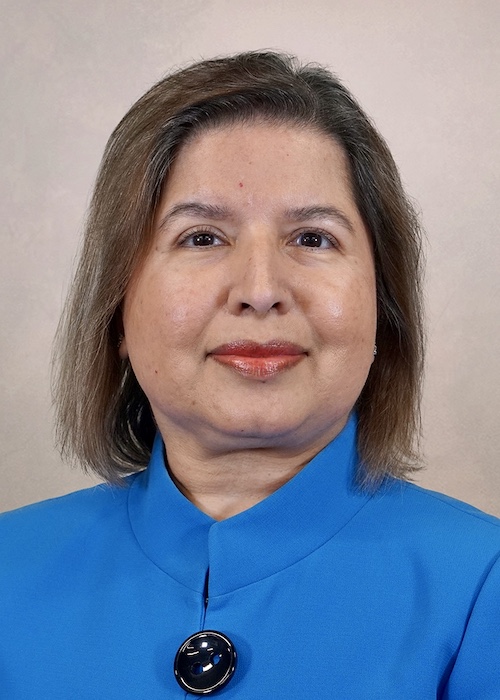
Dr. Lalani is a researcher focusing on health informatics, workforce development, COVID-19’s impact on mental health of first responders and financial performance of teaching hospitals. She is an experienced administrator and a fellow of the American College of Healthcare Executives. She has taught health informatics, finance, and management courses, and has authored/co-authored peer-reviewed publications, book chapters and abstracts.
Tanya Karwaki, assistant teaching professor, Health Systems and Population Health
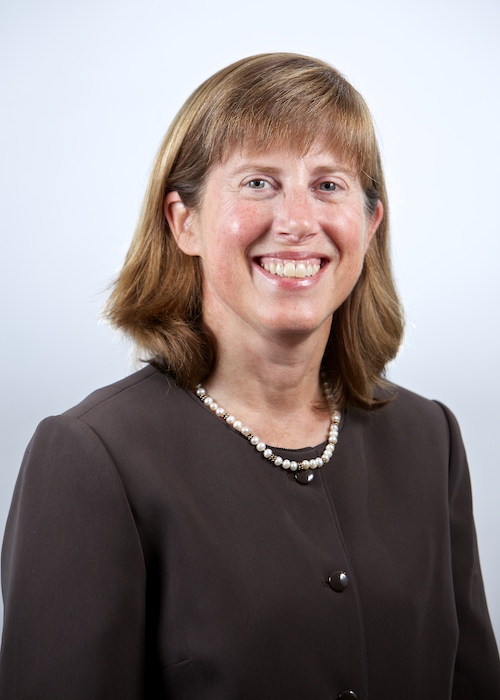
Dr. Karwaki's scholarship focuses on the intersection of health law, bioethics, and health policy, and her research examines the impact of law and regulation on health care access and delivery, including emerging trends in health care delivery, health care professionalism, and provider-patient relationships. She is a quadruple Husky.
Tzu-Hsin Karen Chen, assistant professor, Environmental and Occupational Health Sciences and Urban Design and Planning
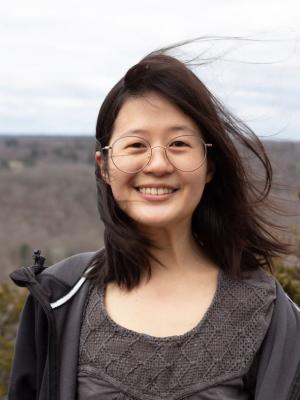
Dr. Chen is a geographer who finds great interest in the synergy of machine learning and satellite imagery analysis. Her recent research primarily focuses on urban environmental change and its implications for public health and health inequality. Her expertise includes developing innovative frameworks using deep learning to reconstruct high-resolution urban form information across time.
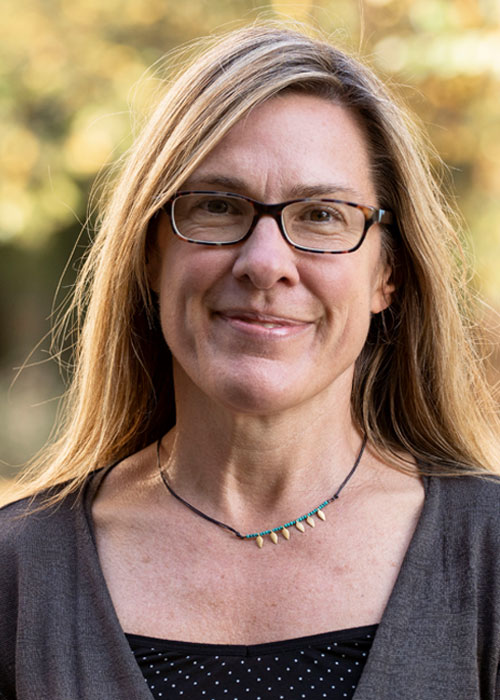 Stephanie Farquhar, professor, Health Systems and Population Health.
Stephanie Farquhar, professor, Health Systems and Population Health.
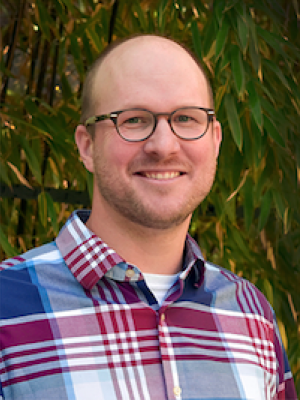 Edward Kasner, assistant teaching professor, Environmental and Occupational Health Sciences
Edward Kasner, assistant teaching professor, Environmental and Occupational Health Sciences
Dr. Kasner is an exposure scientist with a focus on leveraging the tools of precision agriculture to prevent injury and illness among workers. He participates in strategic planning and partnership engagement for the agriculture, forestry, and fishing industries in his role as Outreach Director at the Pacific Northwest Agricultural Safety and Health (PNASH) Center.
 Sarah Masyuko, assistant professor, Global Health.
Sarah Masyuko, assistant professor, Global Health.
Dr. Masyuko’s research interests are in implementation science with the direct translation of research results into policy and practice in HIV prevention, care and treatment and non-communicable diseases in low- and middle-income countries. She has been the lead of the HIV Testing Services and Pre Exposure Prophylaxis (PrEP) program at the National AIDS and STI Control Program with the Kenyan Ministry of Health.
 Julianne Meisner, assistant professor, Global Health.
Julianne Meisner, assistant professor, Global Health.
Julianne Meisner is an epidemiologist and veterinarian, working on issues related to One Health and pandemic, and Assistant Professor in the Department of Global Health. Her work focuses on human health at the human-animal-environment interface, with emphasis on novel pathogen emergence, the human health effects of livestock keeping, and anticolonial approaches to global One Health research. She has strong teaching and research interests in epidemiologic methods and biostatistics, in particular spatial epidemiology and methods for drawing causal inference from observational research. Her research that she is launching focuses on human-animal contact networks, and the relationship between land rights and disease emergence.
 Ferdinand Mukumbang, assistant professor, Global Health.
Ferdinand Mukumbang, assistant professor, Global Health.
Dr. Mukumbang is a Public Health Scientist specializing in health policy and systems research with a focus on implementation sciences. He obtained his Ph.D. in Public Health in 2018 from the School of Public Health, University of the Western Cape, South Africa. The recent grants he has worked on include household-focused HIV interventions that can address various aspects of household HIV competency.
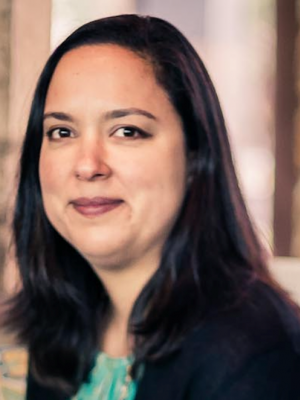 Diana Ceballos Ochoa, assistant professor, Environmental and Occupational Health Sciences.
Diana Ceballos Ochoa, assistant professor, Environmental and Occupational Health Sciences.
Ceballos’s life passion is to address health disparities by identifying environmental factors that cause disease, injury or impairment. These factors range from emerging hazards related to new technologies to known hazards that are transferred to vulnerable populations, including workers in small businesses, minorities and workers in developing economies.
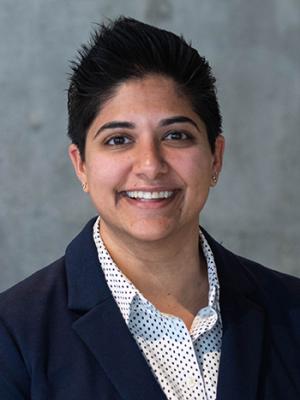 Resham Patel, assistant teaching professor, Environmental and Occupational Health Sciences.
Resham Patel, assistant teaching professor, Environmental and Occupational Health Sciences.
Patel is a public health professional with program and grant management experience, as well as a clinical instructor in the UW Department of Health Systems and Population Health. For the past eight years, Patel also worked for Public Health – Seattle & King County, most recently as the organizational preparedness and evaluation manager, where Patel focused on training, exercises, evaluation and improvement. Patel also served as COVID-19 deputy area commander and information management chief.
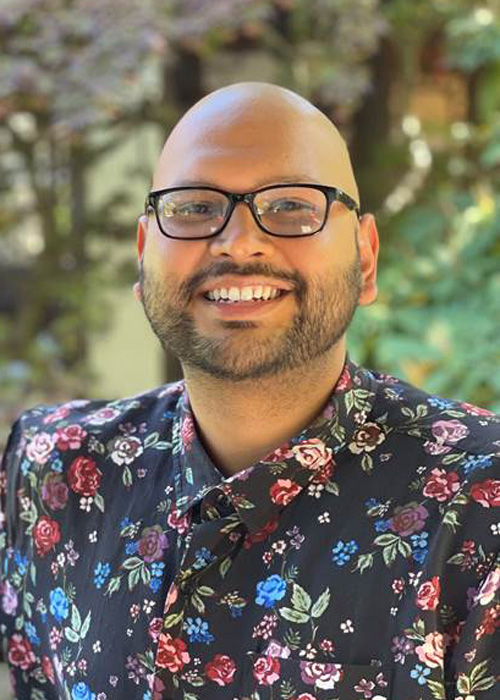 Simon Sandh, assistant teaching professor, Epidemiology.
Simon Sandh, assistant teaching professor, Epidemiology.
Simon Sandh focuses his work on sexual health as well as substance use. His interest in the field began through his activism work in New York City where he witnessed the detrimental impact of health disparities in outcomes such as HIV, particularly among the most marginalized. His motivation to understand the causes of these health disparities led him to obtain his Master of Public Health degree where he focused on understanding barriers and facilitators to pre-exposure prophylaxis (PrEP).
 Adrienne Shapiro, assistant professor, Global Health.
Adrienne Shapiro, assistant professor, Global Health.
Dr. Shapiro is an infectious diseases physician and epidemiologist. Her research focuses on strategies to improve diagnosis and prevention of tuberculosis (TB), particularly for people with HIV and in resource-limited settings. She conducts clinical trials and observational studies to address disparities in TB and HIV prevention and care, including research on vaccines to prevent TB, HIV, and other diseases.
 Yanfang Su, assistant professor, Global Health.
Yanfang Su, assistant professor, Global Health.
Dr. Yanfang Su is a health economist with more than 10 years of work experience in health systems and policy and assistant professor in the Department of Global Health. Her publications focus on three areas: 1) economic evaluation of healthcare systems 2) public policy evaluation; and 3) global health and population measures. Dr. Su has been designing a new course on Comparative Health Systems and mentoring trainees, including from underrepresented groups.
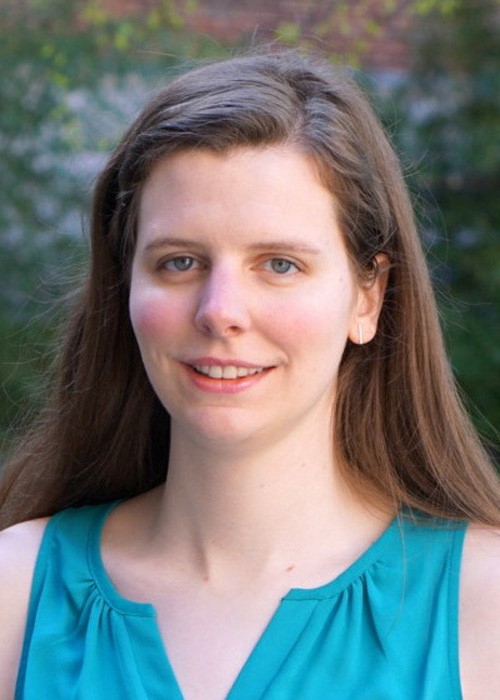 Katie Wilson, assistant teaching professor, Biostatistics.
Katie Wilson, assistant teaching professor, Biostatistics.
Dr. Wilson is a biostatistician with research interests in spatial statistics and missing data methods. Her recent work has focused on modeling under five mortality using data sources with limited information. She also collaborates with investigators at the Geriatric Research Education and Clinical Center at VA Puget Sound on studies involving aging-related disorders.
 Rabi Yunusa, assistant teaching professor, Health Systems and Population Health and Global Health.
Rabi Yunusa, assistant teaching professor, Health Systems and Population Health and Global Health.
Rabi Yunusa has an interest in community-based work that empowers and guarantees equal opportunities for justice and education of women and girls. She also has a research interest in HIV transmission prevention or better quality of life for people living with HIV. Her current work centers on novel therapies for better survival of people with advanced malignancies.
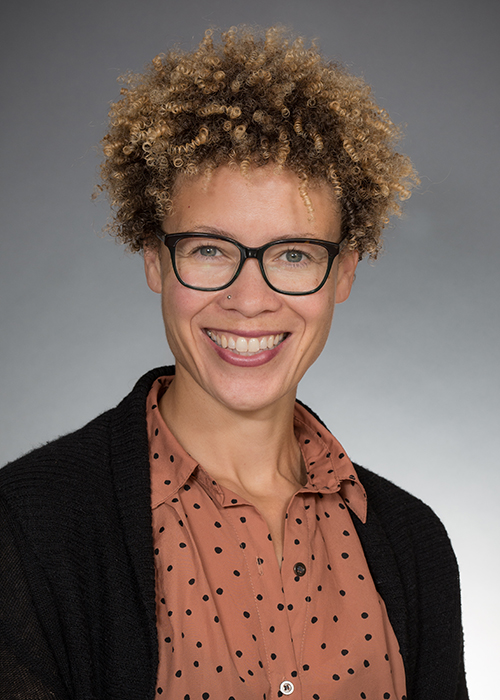 Wendy E. Barrington, associate professor, Health Systems and Population Health and Epidemiology.
Wendy E. Barrington, associate professor, Health Systems and Population Health and Epidemiology.
Dr. Barrington’s work as a health disparities researcher and epidemiologist focuses on promoting healthy communities and addressing racial disparities in health service delivery and clinical outcomes.
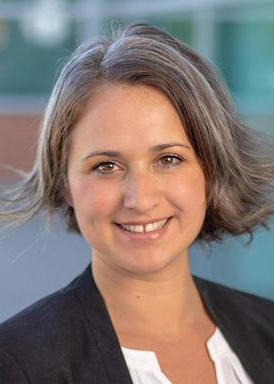 Alissa Bilfield, assistant teaching professor, Environmental and Occupational Health Sciences, and core faculty member in the Nutritional Sciences Program
Alissa Bilfield, assistant teaching professor, Environmental and Occupational Health Sciences, and core faculty member in the Nutritional Sciences Program
Alissa Bilfield has an interdisciplinary background that involves the government, nonprofit and academic sectors. Her interests include sustainability, innovation and entrepreneurship, and food certification systems.
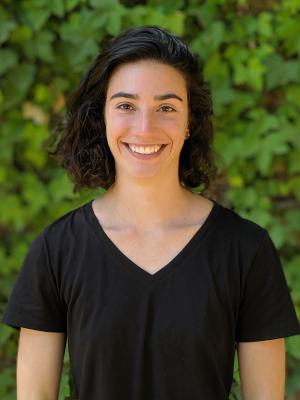 Erica Reel Fuhrmeister, assistant professor, Environmental and Occupational Health Sciences.
Erica Reel Fuhrmeister, assistant professor, Environmental and Occupational Health Sciences.
Dr. Fuhrmeister investigates the environmental transmission pathways of pathogens, particularly enteric pathogens in low- and middle-income countries. Her postdoctoral work examined the transmission of antibiotic resistant genes between humans, animals and the environment in Nairobi, Kenya, using metagenomics.
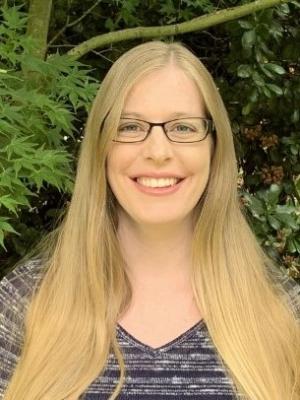 Emily Susan Hovis, assistant teaching professor, Environmental and Occupational Health Sciences.
Emily Susan Hovis, assistant teaching professor, Environmental and Occupational Health Sciences.
Emily Hovis has experience in public education, food safety and environmental compliance. Hovis is coordinator for the Washington state food waste prevention plan that aims to reduce food waste by 50% by 2030.
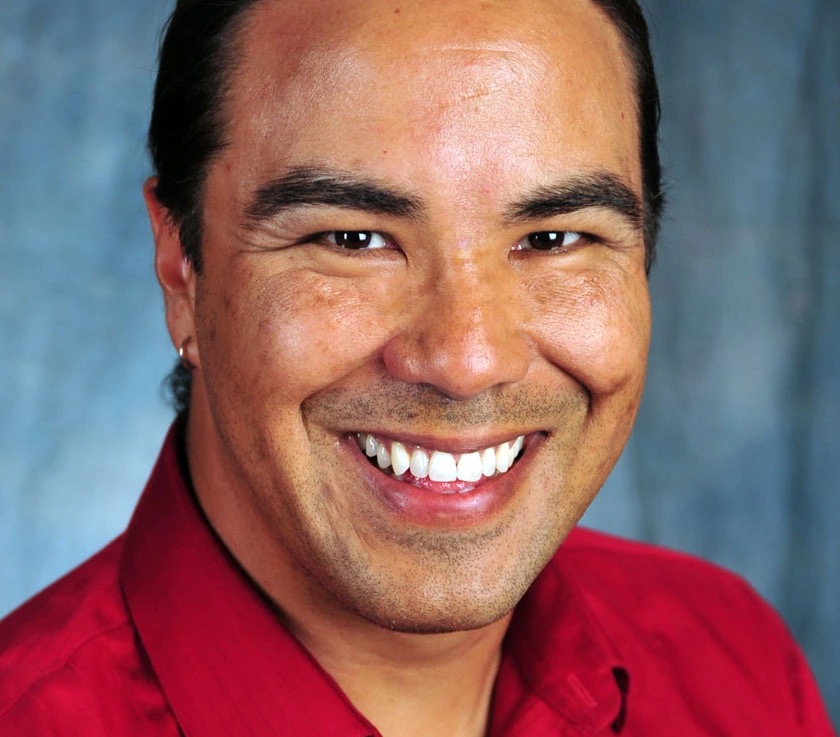 Derek Jennings, assistant professor, Health Systems and Population Health.
Derek Jennings, assistant professor, Health Systems and Population Health.
Dr. Derek Jennings (Quapaw Nation, Dehiga Sioux and Sac & Fox, Anishinaabe) is a Bezruchka Family Endowed Professor within the UW School of Public Health. As a tribal nations member, he works primarily with Indigenous communities as a health educator, addressing the social determinants of health related to food, diet and improving diet.
Michelle Johnson-Jennings, professor, Health Systems and Population Health, and School of Social Work.
Dr. Michelle Johnson-Jennings (Choctaw Nation) is the first environmental and land-based healing director at the Indigenous Wellness Research Institute. She serves as an Indigenous clinical health psychologist specializing in culturally-appropriate land-based health interventions.
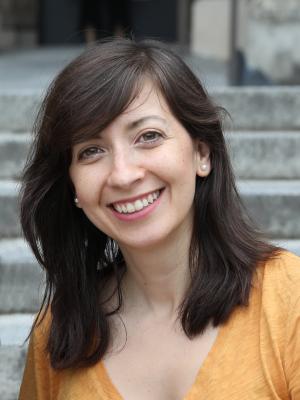 Judit Marsillach, assistant professor, Environmental and Occupational Health Sciences.
Judit Marsillach, assistant professor, Environmental and Occupational Health Sciences.
Dr. Judit Marsillach was appointed as the Sheldon D. Murphy Endowed Chair in Toxicology and Environmental Health. Her research focuses on understanding the dynamics of environmental exposures and oxidative stress leading to the development of adverse birth outcomes and chronic human disease.
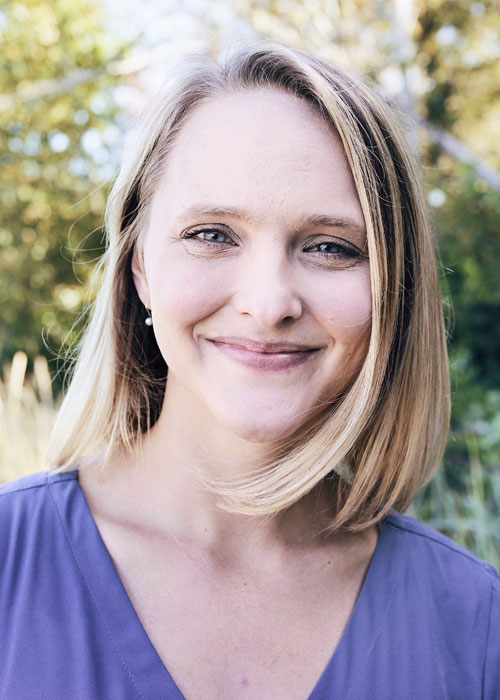 Arianna Rubin Means, assistant professor, Global Health.
Arianna Rubin Means, assistant professor, Global Health.
Dr. Means focuses on generating operational evidence needed to improve the delivery of routine primary healthcare programs in low and middle-income countries, both within health facilities and in communities. She is currently the implementation science lead for the DeWorm3 Project, a series of large hybrid cluster randomized trials in Benin, India, and Malawi.
 Arjee Restar, assistant professor, Epidemiology.
Arjee Restar, assistant professor, Epidemiology.
Arjee Restar applies epidemiologic methods to behavioral, social, structural and health services research and policy to address inequities in health outcomes and access, particularly as experienced by communities of transgender and nonbinary people in the U.S. and Asia.
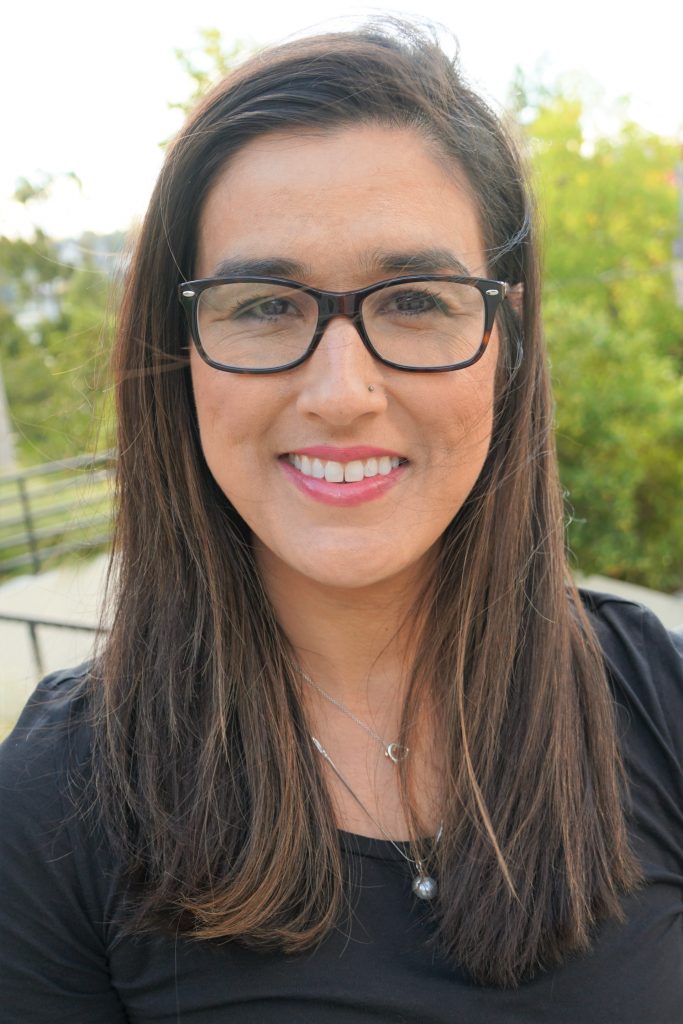 Mienah Sharif, assistant professor, Epidemiology.
Mienah Sharif, assistant professor, Epidemiology.
Mienah Z. Sharif takes an intersectional approach towards examining determinants of health inequities among racial and ethnic minority groups across the life course. She explores the influence of structural factors and differential exposure to adverse social conditions on indicators of health and well-being across various life stages.
 Monisha Sharma, assistant professor, Global Health.
Monisha Sharma, assistant professor, Global Health.
Dr. Sharma applies mathematical modeling and cost-effectiveness analyses of HIV testing and linkage to care interventions in sub-Saharan Africa. She is the principal investigator of a K01 award to design an intervention into increase men’s uptake of HIV self-testing and clinic linkage in Uganda.
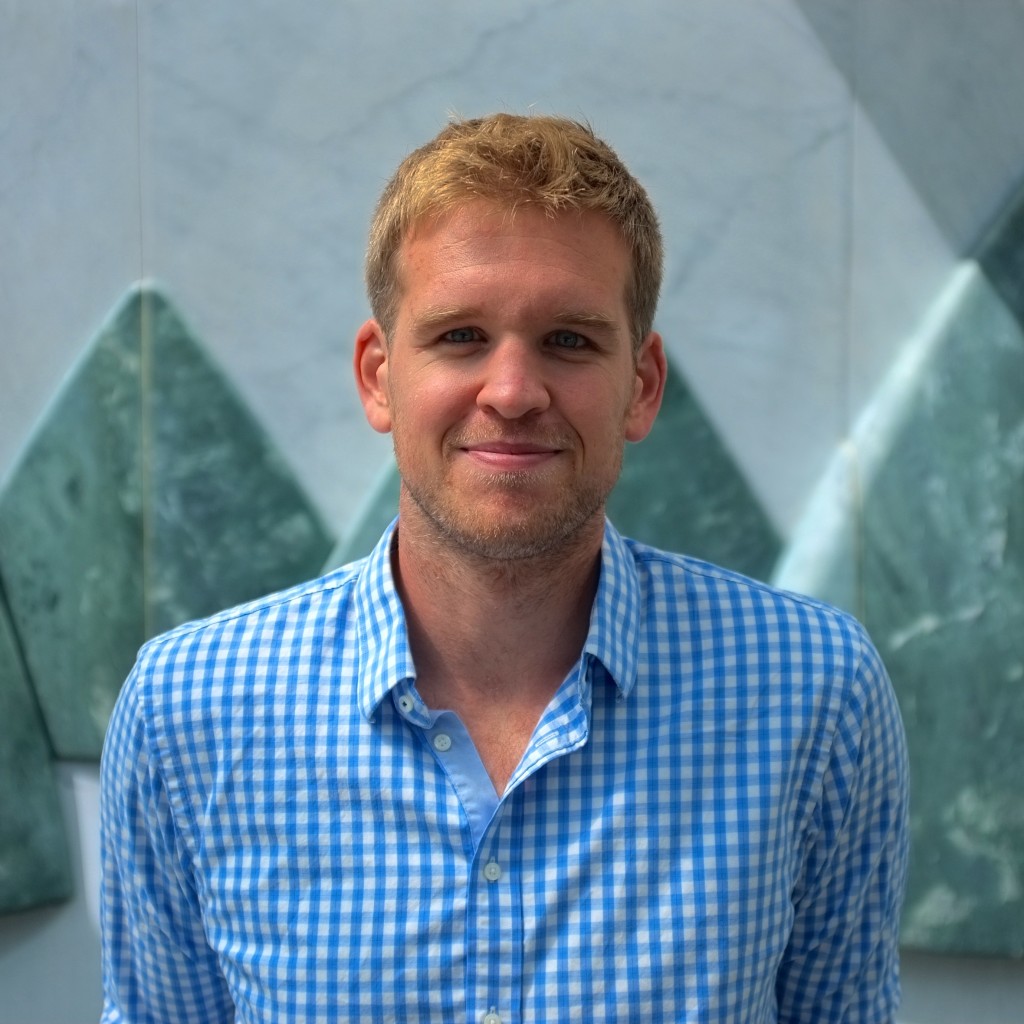 Kirk Tickell, acting assistant professor, Global Health
Kirk Tickell, acting assistant professor, Global Health
After graduating from with his MPH from the University of Washington (UW), Kirk became a senior research fellow in the UW Center of Global Women, Adolescent and Child Health. He is currently the network coordinator for the Childhood Acute Illness and Nutrition (CHAIN) Network, which aims to understand why malnourished children with acute illnesses are at such high risk of death, and then to design inventions to reduce this risk.
 Anjuli Wagner, assistant professor, Global Health.
Anjuli Wagner, assistant professor, Global Health.
Dr. Anjuli Wagner is faculty in the Global WACh Center in the Department of Global Health who has been working in Kenya for 11 years. Her interests within global health include pediatric HIV, implementation science, and operations research and she specializes in systems analysis and quality improvement.
 Ting Ye, assistant professor, Biostatistics.
Ting Ye, assistant professor, Biostatistics.
Dr. Ye’s research focuses on developing pragmatic and robust statistical methods for modern data problems, and advancing causal inference in biomedical and social sciences. Most of her research aims to address complications in clinical trials and hidden biases in observational studies.
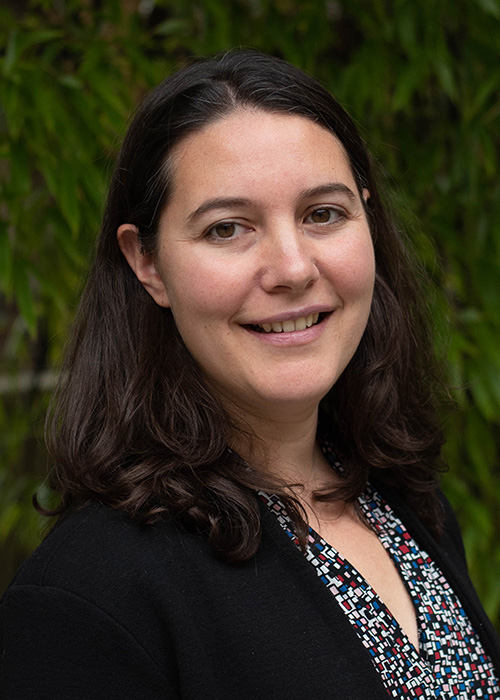 Elena Austin, assistant professor, Env. and Occ. Health Sciences, focuses on multi-pollutant exposure metrics, geographic information systems, remote sensing, risk communication in farm-worker communities and the development and evaluation of data visualization tools.
Elena Austin, assistant professor, Env. and Occ. Health Sciences, focuses on multi-pollutant exposure metrics, geographic information systems, remote sensing, risk communication in farm-worker communities and the development and evaluation of data visualization tools.
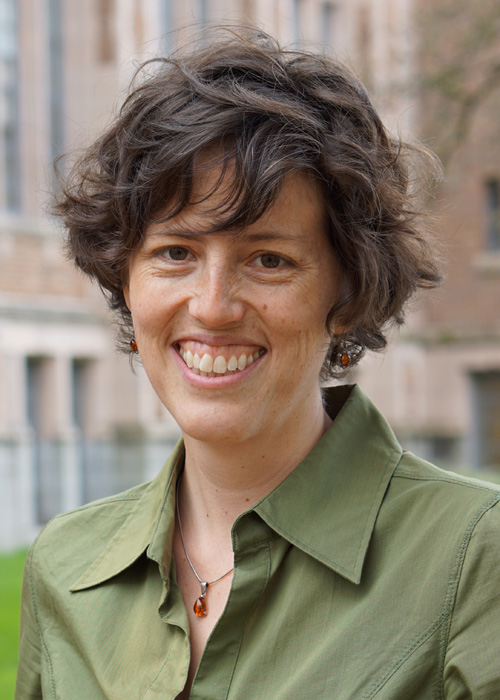 Sarah Collier, assistant professor, Environmental & Occupational Health Sciences, and core faculty member in the Nutritional Sciences Program, examines the resilience of agricultural systems due to climate change and other stresses, with an emphasis on environmental outcomes and implications for farmers.
Sarah Collier, assistant professor, Environmental & Occupational Health Sciences, and core faculty member in the Nutritional Sciences Program, examines the resilience of agricultural systems due to climate change and other stresses, with an emphasis on environmental outcomes and implications for farmers.
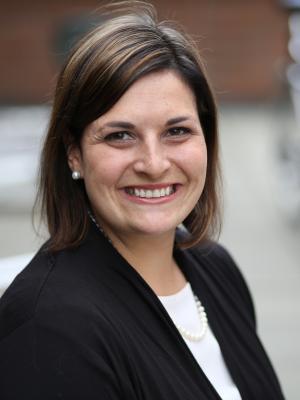 Nicole Errett, assistant professor, Env. and Occ. Health Sciences; Health Systems and Population Health, research focuses on the development, implementation and health impacts of policies and programs that aim to build resilience in the context of public health emergencies, disasters and climate change.
Nicole Errett, assistant professor, Env. and Occ. Health Sciences; Health Systems and Population Health, research focuses on the development, implementation and health impacts of policies and programs that aim to build resilience in the context of public health emergencies, disasters and climate change.
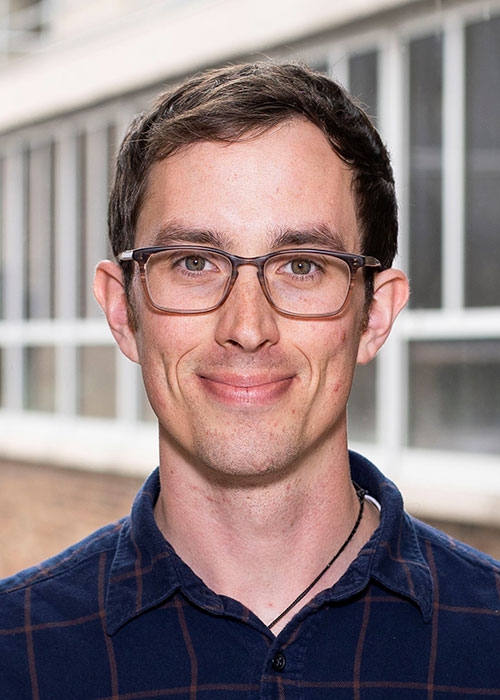 Christopher Kemp, acting assistant professor, Global Health, works to narrow the global treatment gaps for mental health, HIV, and nutrition, with a specific focus on implementation science and economic evaluation.
Christopher Kemp, acting assistant professor, Global Health, works to narrow the global treatment gaps for mental health, HIV, and nutrition, with a specific focus on implementation science and economic evaluation.
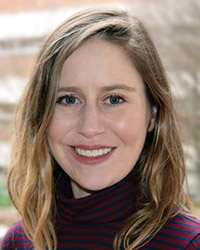 Sarah Knerr, assistant professor, Health Services, focuses on stakeholder engagement, health and health care disparities, and guideline implementation in cancer genomic medicine.
Sarah Knerr, assistant professor, Health Services, focuses on stakeholder engagement, health and health care disparities, and guideline implementation in cancer genomic medicine.
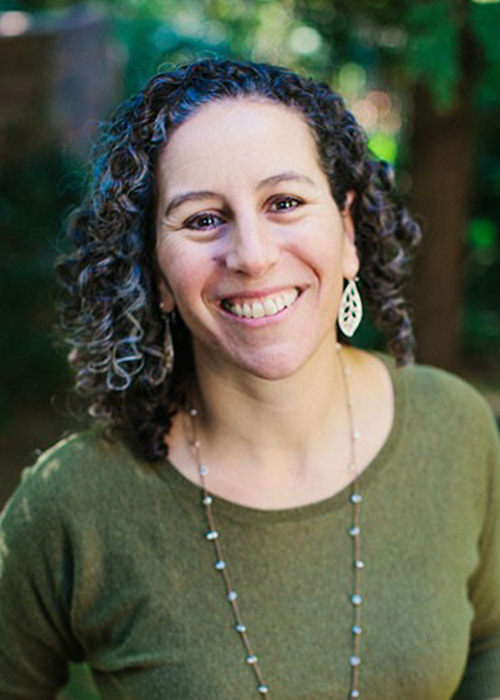 Karen Levy, associate professor, Environmental & Occupational Health Sciences, focuses on the ecology and epidemiology of food and waterborne diseases. Her research group applies microbiological and epidemiological methods to study water quality, food safety, and the impact of climate change on the transmission of diarrheal diseases.
Karen Levy, associate professor, Environmental & Occupational Health Sciences, focuses on the ecology and epidemiology of food and waterborne diseases. Her research group applies microbiological and epidemiological methods to study water quality, food safety, and the impact of climate change on the transmission of diarrheal diseases.
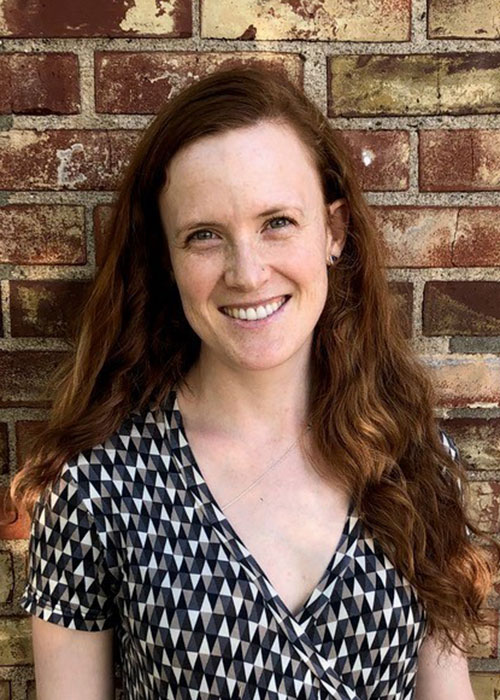 Darcy Rao, acting assistant professor, Epidemiology, blends empirical epidemiological research and mathematical modeling to inform the design and implementation of interventions to prevent transmission and morbidity from sexually transmitted infections.
Darcy Rao, acting assistant professor, Epidemiology, blends empirical epidemiological research and mathematical modeling to inform the design and implementation of interventions to prevent transmission and morbidity from sexually transmitted infections.
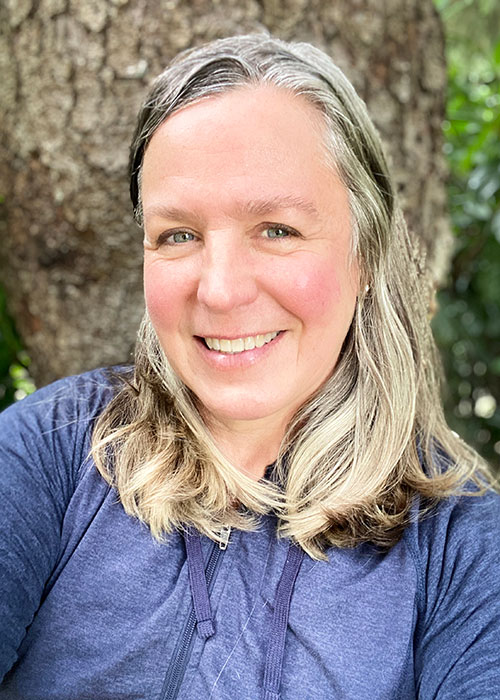 Anne Riederer, clinical associate professor, Environmental & Occupational Health Sciences, assesses exposures of young children and pregnant women to heavy metals, pesticides, and other environmental neurotoxicants.
Anne Riederer, clinical associate professor, Environmental & Occupational Health Sciences, assesses exposures of young children and pregnant women to heavy metals, pesticides, and other environmental neurotoxicants.
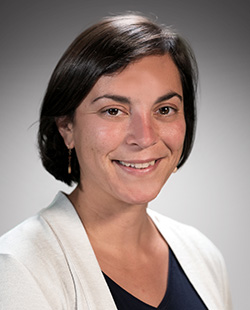 Coralynn Sack, assistant professor, Environmental & Occupational Health Sciences, is interested in the intersection between human health and environmental health, including the effects of air pollution.
Coralynn Sack, assistant professor, Environmental & Occupational Health Sciences, is interested in the intersection between human health and environmental health, including the effects of air pollution.
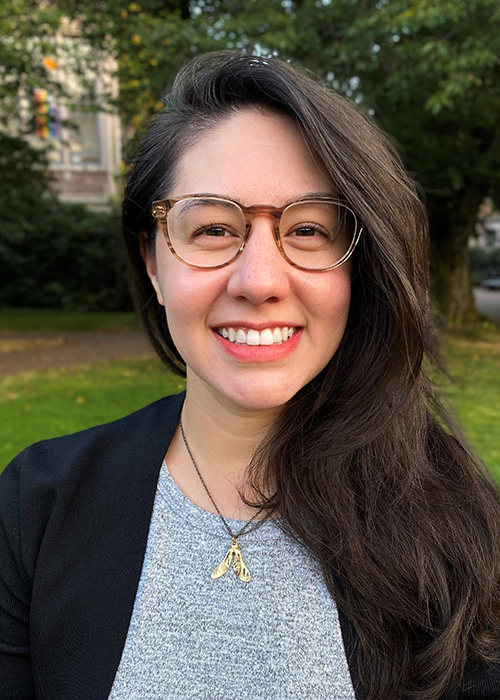 Marie Spiker, associate professor WOT, Epidemiology, and core faculty member in the Nutritional Sciences Program, is a registered dietitian nutritionist and public health nutrition researcher. Drawing from mixed-methods research and systems science, her work focuses on connections between food systems and human nutrition.
Marie Spiker, associate professor WOT, Epidemiology, and core faculty member in the Nutritional Sciences Program, is a registered dietitian nutritionist and public health nutrition researcher. Drawing from mixed-methods research and systems science, her work focuses on connections between food systems and human nutrition.
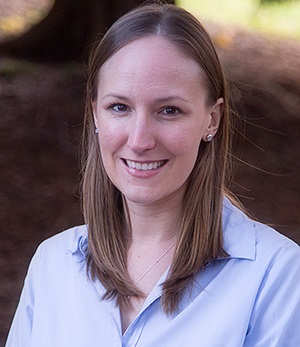 Jenna van Draanen, assistant professor, Health Services and Child, Family, and Population Health Nursing, studies the social determinants of mental health and substance use disorders with expertise in the impact of early poverty and childhood adversity.
Jenna van Draanen, assistant professor, Health Services and Child, Family, and Population Health Nursing, studies the social determinants of mental health and substance use disorders with expertise in the impact of early poverty and childhood adversity.
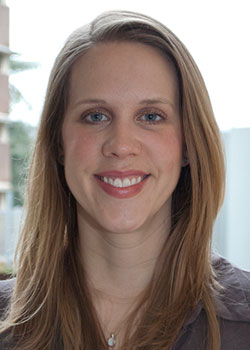 Marissa Baker (PhD '17), assistant professor, Environmental and Occupational Health Sciences, teaches in the Public Health Major and eMPH program. Her research centers on the occupational environment, and she is interested in biomarkers of exposure, quantifying the global burden of occupational exposures and outcomes, and novel methods of exposure assessment and analysis.
Marissa Baker (PhD '17), assistant professor, Environmental and Occupational Health Sciences, teaches in the Public Health Major and eMPH program. Her research centers on the occupational environment, and she is interested in biomarkers of exposure, quantifying the global burden of occupational exposures and outcomes, and novel methods of exposure assessment and analysis.
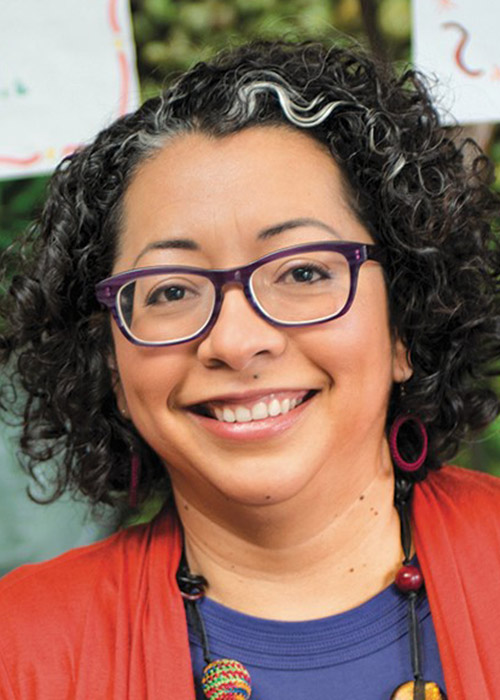 Barbara Baquero, associate professor, Health Services, designs and implements community-based interventions to reduce health disparities and advance health equity; she conducts community-based participatory research, behavior change intervention research and implementation science.
Barbara Baquero, associate professor, Health Services, designs and implements community-based interventions to reduce health disparities and advance health equity; she conducts community-based participatory research, behavior change intervention research and implementation science.
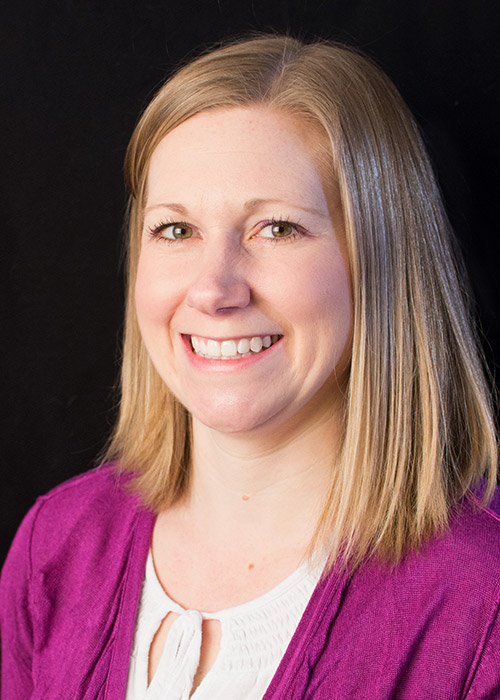 Kristin Beima-Sofie, acting assistant professor, Global Health, works to understand factors that influence the health of women, children and adolescents impacted by HIV globally, with a specific focus on social and behavioral research methods.
Kristin Beima-Sofie, acting assistant professor, Global Health, works to understand factors that influence the health of women, children and adolescents impacted by HIV globally, with a specific focus on social and behavioral research methods.
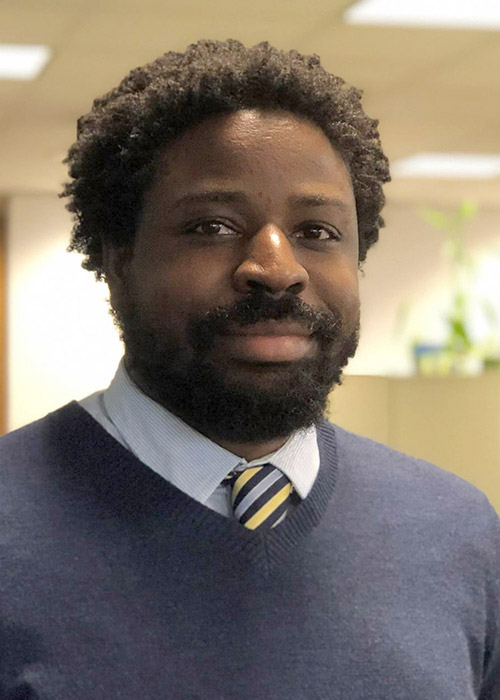 Jerome A. Dugan, assistant professor, Health Services, examines how health insurance status and the organization of the healthcare system impacts healthcare cost and quality.
Jerome A. Dugan, assistant professor, Health Services, examines how health insurance status and the organization of the healthcare system impacts healthcare cost and quality.
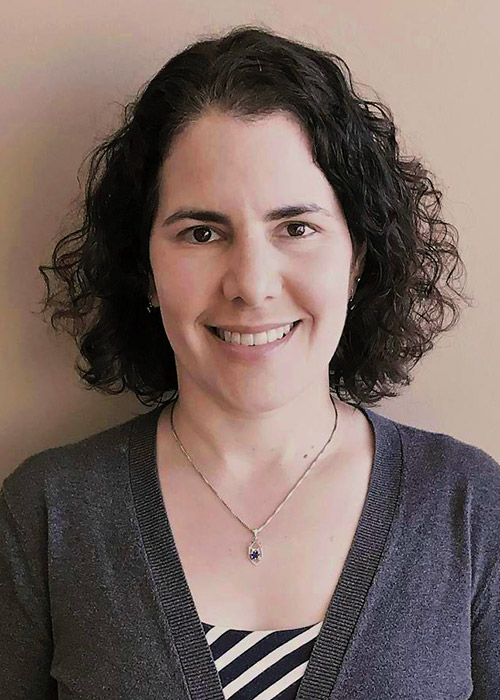 Caryl Feldacker, acting assistant professor, Global Health, works on increasing the quality of global public health programs, predominantly voluntary medical male circumcision in Zimbabwe, through rigorous evaluation, integration of technology, and capacity building for sustainable improvement in patient care.
Caryl Feldacker, acting assistant professor, Global Health, works on increasing the quality of global public health programs, predominantly voluntary medical male circumcision in Zimbabwe, through rigorous evaluation, integration of technology, and capacity building for sustainable improvement in patient care.
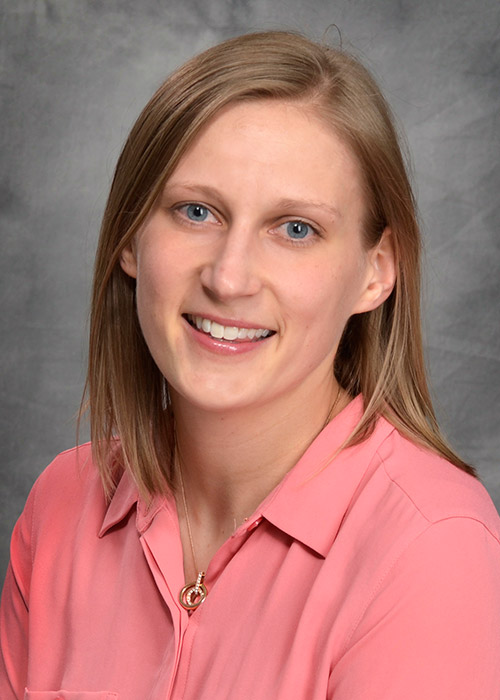 Kristen Gray, research assistant professor, Health Services, has research interests in health behaviors and chronic disease self-management, particularly among women and Veterans, as well as the reproductive health of aging women.
Kristen Gray, research assistant professor, Health Services, has research interests in health behaviors and chronic disease self-management, particularly among women and Veterans, as well as the reproductive health of aging women.
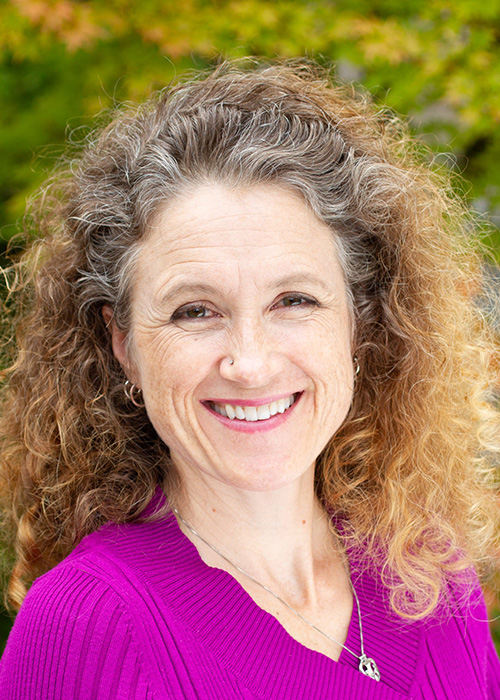 Cristen Harris, senior lecturer, full-time, Epidemiology, is a registered nutritionist, a clinical exercise physiologist, and certified as a sports dietitian. She is passionate about whole-person health and wellness.
Cristen Harris, senior lecturer, full-time, Epidemiology, is a registered nutritionist, a clinical exercise physiologist, and certified as a sports dietitian. She is passionate about whole-person health and wellness.
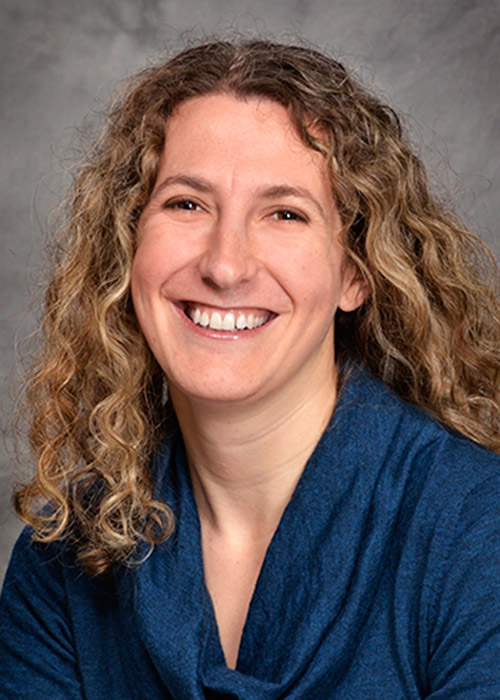 Jodie Katon, research assistant professor, Health Services, focuses on reproductive health and health equity; she is a Core Investigator at the VA Puget Sound Center of Innovation for Veteran- Centered and Value-Driven Care, where she works to improve health services for women Veterans.
Jodie Katon, research assistant professor, Health Services, focuses on reproductive health and health equity; she is a Core Investigator at the VA Puget Sound Center of Innovation for Veteran- Centered and Value-Driven Care, where she works to improve health services for women Veterans.
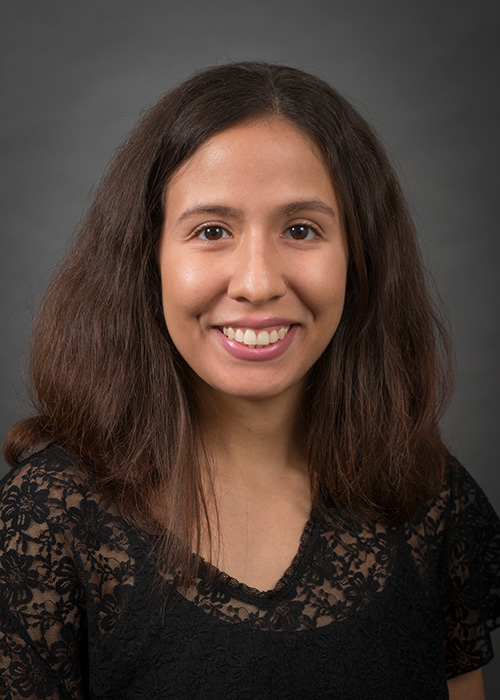 Christine Kava, acting assistant professor, Health Services, investigates the processes and factors associated with implementation of evidence-based interventions for tobacco control in work site settings.
Christine Kava, acting assistant professor, Health Services, investigates the processes and factors associated with implementation of evidence-based interventions for tobacco control in work site settings.
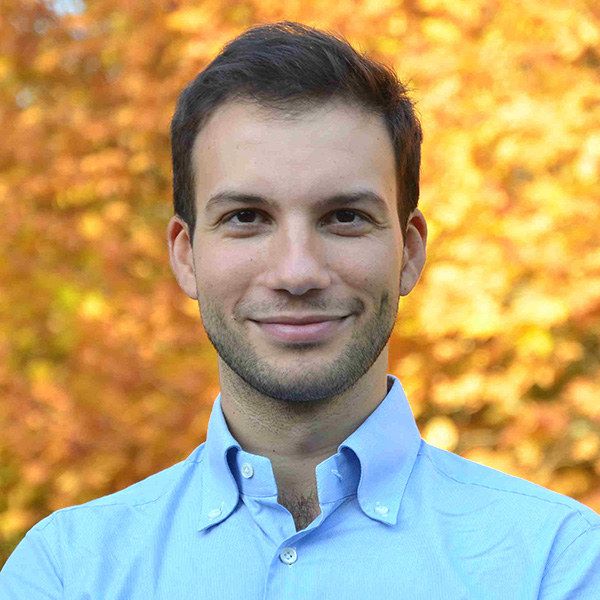 Eardi Lila, assistant professor, Biostatistics, focuses on developing statistical methodology for analyzing medical imaging data and has a special interest in functional and structural neuroimaging.
Eardi Lila, assistant professor, Biostatistics, focuses on developing statistical methodology for analyzing medical imaging data and has a special interest in functional and structural neuroimaging.
 Vanessa Oddo, acting assistant professor, Health Services, investigates the role of employment status and working conditions on obesity risk, both in adults and children.
Vanessa Oddo, acting assistant professor, Health Services, investigates the role of employment status and working conditions on obesity risk, both in adults and children.
Fall 2018
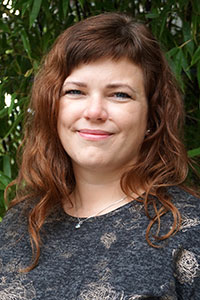 Kristjana Asbjornsdottir, acting assistant professor, Epidemiology, works on global infectious disease research on soil-transmitted helminths and HIV, with interests in the health and survival of HIV-exposed and -infected infants.
Kristjana Asbjornsdottir, acting assistant professor, Epidemiology, works on global infectious disease research on soil-transmitted helminths and HIV, with interests in the health and survival of HIV-exposed and -infected infants.
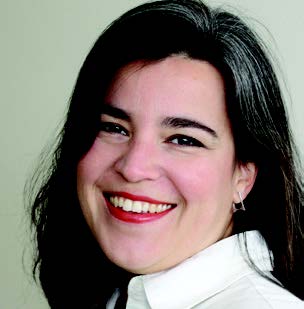 Joana Cunha-Cruz, research associate professor, joint in Health Services, works in the generation, dissemination and implementation of evidencebased practices and systems changes to decrease inequities in health, particularly oral health.
Joana Cunha-Cruz, research associate professor, joint in Health Services, works in the generation, dissemination and implementation of evidencebased practices and systems changes to decrease inequities in health, particularly oral health.
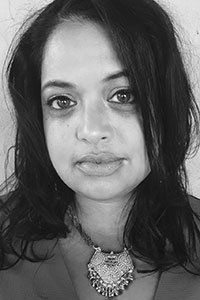 Anjulie Ganti, senior lecturer, Health Services, focuses on reproductive justice, equity and inclusion in the classroom, experiential learning, evidenced-based teaching and social determinants of health.
Anjulie Ganti, senior lecturer, Health Services, focuses on reproductive justice, equity and inclusion in the classroom, experiential learning, evidenced-based teaching and social determinants of health.
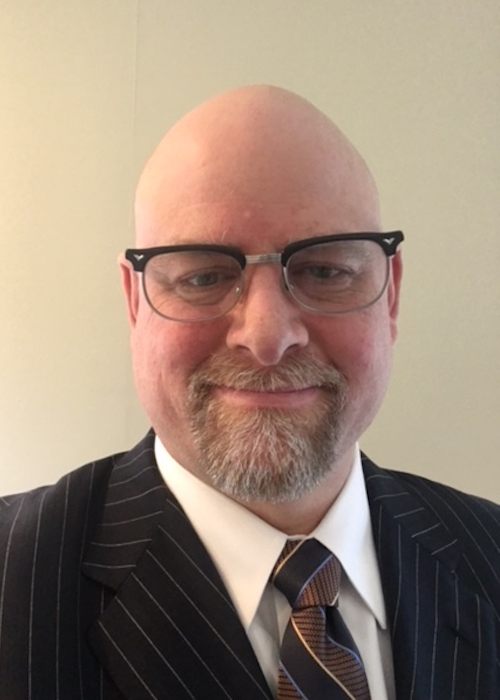 John Hartgraves, Associate Teaching Professor, and Associate Program Director in the Health Information Management and Health Informatics graduate and undergraduate programs at the University of Washington’s Department of Health Systems and Population Health.
John Hartgraves, Associate Teaching Professor, and Associate Program Director in the Health Information Management and Health Informatics graduate and undergraduate programs at the University of Washington’s Department of Health Systems and Population Health.
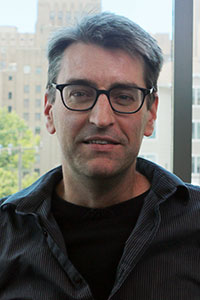 Stephen Mooney, acting assistant professor, Epidemiology, has research interests in big data, the built environment, causal inference, physical activity and transport-related injury.
Stephen Mooney, acting assistant professor, Epidemiology, has research interests in big data, the built environment, causal inference, physical activity and transport-related injury.
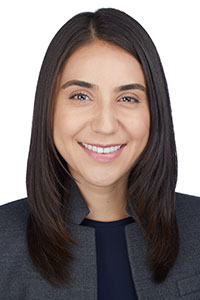 Magaly Ramirez, assistant professor, Health Services, focuses on the role of information technology in efforts to reduce racial and ethnic disparities in health and health care.
Magaly Ramirez, assistant professor, Health Services, focuses on the role of information technology in efforts to reduce racial and ethnic disparities in health and health care.
 Coralynn Sack, acting assistant professor, Environmental & Occupational Health Sciences, is interested in the intersection between human health and environmental health, including the effects of air pollution.
Coralynn Sack, acting assistant professor, Environmental & Occupational Health Sciences, is interested in the intersection between human health and environmental health, including the effects of air pollution.
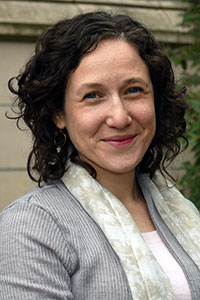 Yona Sipos, lecturer, Environmental & Occupational Health Sciences and Nutritional Sciences, works at the intersection of food systems, community-engaged scholarship, sustainability and equity.
Yona Sipos, lecturer, Environmental & Occupational Health Sciences and Nutritional Sciences, works at the intersection of food systems, community-engaged scholarship, sustainability and equity.
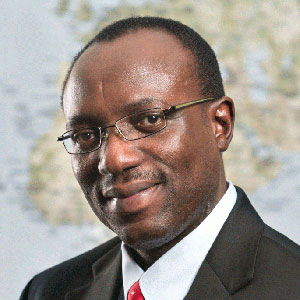 Olusegun Soge, assistant professor, joint in SPH Global Health, brings expertise in molecular diagnostics of infectious diseases, molecular epidemiology, surveillance of antimicrobial resistance, and genetic characterization of antimicrobial resistance of sexually transmitted pathogens.
Olusegun Soge, assistant professor, joint in SPH Global Health, brings expertise in molecular diagnostics of infectious diseases, molecular epidemiology, surveillance of antimicrobial resistance, and genetic characterization of antimicrobial resistance of sexually transmitted pathogens.
Winter 2018
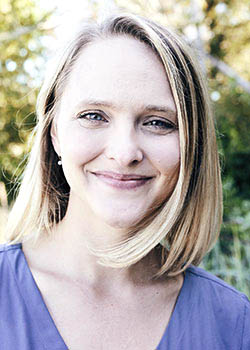 Arianna Rubin Means (PhD '17, MPH '11), acting assistant professor, Global Health, integrates implementation outcomes into clinically oriented research to ensure that new evidence informs policy and guidelines in low and middle-income countries.
Arianna Rubin Means (PhD '17, MPH '11), acting assistant professor, Global Health, integrates implementation outcomes into clinically oriented research to ensure that new evidence informs policy and guidelines in low and middle-income countries.
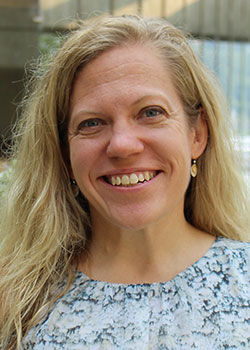 Jennifer Balkus (PhD '12, MPH '05), assistant professor, Epidemiology, focuses on the interface between the vaginal microbiome and HIV and STI prevention. She is also involved in the development and evaluation of antiretroviral-based microbicides for HIV prevention.
Jennifer Balkus (PhD '12, MPH '05), assistant professor, Epidemiology, focuses on the interface between the vaginal microbiome and HIV and STI prevention. She is also involved in the development and evaluation of antiretroviral-based microbicides for HIV prevention.
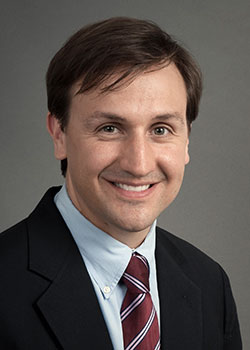 James Cowan, assistant professor, Global Health, , works to improve the delivery of HIV/AIDS and tuberculosis care as well as comprehensive primary care to patients in resource-poor settings. His research combines implementation science, qualitative methods, systems analysis, infectious disease epidemiology, modeling and health economics. He is particularly interested in leadership development and the application of improvement strategies to the science of global health delivery.
James Cowan, assistant professor, Global Health, , works to improve the delivery of HIV/AIDS and tuberculosis care as well as comprehensive primary care to patients in resource-poor settings. His research combines implementation science, qualitative methods, systems analysis, infectious disease epidemiology, modeling and health economics. He is particularly interested in leadership development and the application of improvement strategies to the science of global health delivery.
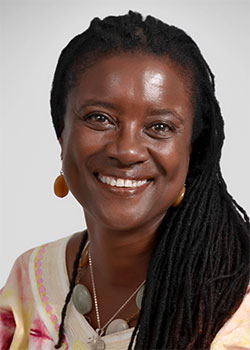 Nelly Mugo (MPH '00), research associate professor, Global Health, has spent the last 16 years in clinical research with a focus on HIV and cervical cancer prevention. She collaborates with the UW's International Clinical Research Center to lead HIV-1 prevention clinical research in Thika, Kenya, and other work on STI prevention, the human papillomavirus (HPV) vaccine and contraception.
Nelly Mugo (MPH '00), research associate professor, Global Health, has spent the last 16 years in clinical research with a focus on HIV and cervical cancer prevention. She collaborates with the UW's International Clinical Research Center to lead HIV-1 prevention clinical research in Thika, Kenya, and other work on STI prevention, the human papillomavirus (HPV) vaccine and contraception.
Fall 2017
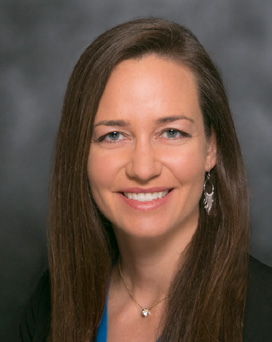 Alison Fohner (PhD, Public Health Genetics '15), affiliate assistant professor, Epidemiology, combines electronic medical record informatics with genetic data to predict treatment outcomes and drug response, with the goal of improving the equitable and effective use of personalized medicine in healthcare delivery.
Alison Fohner (PhD, Public Health Genetics '15), affiliate assistant professor, Epidemiology, combines electronic medical record informatics with genetic data to predict treatment outcomes and drug response, with the goal of improving the equitable and effective use of personalized medicine in healthcare delivery.
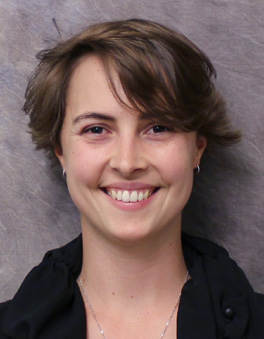 Amy Willis, assistant professor, Biostatistics, develops statistical methods for analyzing biodiversity. She is especially interested in high-diversity microbiomes and uncertainty in phylogenetic trees.
Amy Willis, assistant professor, Biostatistics, develops statistical methods for analyzing biodiversity. She is especially interested in high-diversity microbiomes and uncertainty in phylogenetic trees.
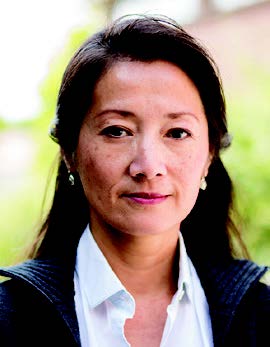 Carolin Spice, senior lecturer, Health Services, specializes in health informatics and analysis; comparative clinical effectiveness; and design of pragmatic trials.
Carolin Spice, senior lecturer, Health Services, specializes in health informatics and analysis; comparative clinical effectiveness; and design of pragmatic trials.
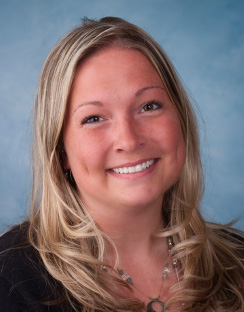 Carrie Cordero (MHA '13), lecturer, Environmental and Occupational Health Sciences, teaches about healthcare delivery systems, ethics in healthcare, process and quality improvement, and policy impacting access, cost and quality of healthcare in the U.S.
Carrie Cordero (MHA '13), lecturer, Environmental and Occupational Health Sciences, teaches about healthcare delivery systems, ethics in healthcare, process and quality improvement, and policy impacting access, cost and quality of healthcare in the U.S.
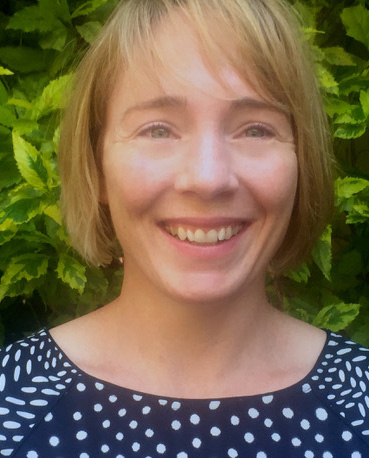 Christine McGrath (PhD, Epidemiology '11), assistant professor, Global Health, focuses on HIV-related epidemiology and pediatric growth and nutrition. She is involved in studies to identify interventions to reduce childhood mortality, growth faltering and malnutrition, and perinatal HIV transmission in Kenya.
Christine McGrath (PhD, Epidemiology '11), assistant professor, Global Health, focuses on HIV-related epidemiology and pediatric growth and nutrition. She is involved in studies to identify interventions to reduce childhood mortality, growth faltering and malnutrition, and perinatal HIV transmission in Kenya.
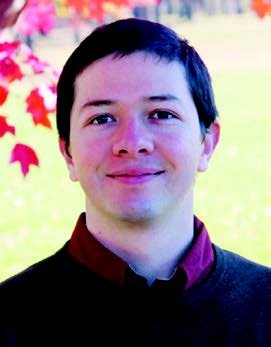 Mauricio Sadinle, assistant professor, Biostatistics, researches a variety of data-driven problems, including the combination of information from multiple data sources using record linkage techniques, and the handling of nonignorable missing data in statistical analyses.
Mauricio Sadinle, assistant professor, Biostatistics, researches a variety of data-driven problems, including the combination of information from multiple data sources using record linkage techniques, and the handling of nonignorable missing data in statistical analyses.
Winter 2017
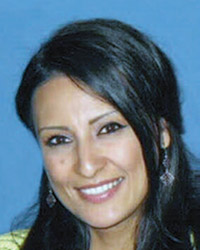 Vanessa Galaviz (PhD '13 DEOHS), lecturer, Environmental and Occupational Health Sciences, is interested in minimizing environmental, public health and education disparities. She specializes in exposure assessment and environmental health concerns along the U.S./Mexico border.
Vanessa Galaviz (PhD '13 DEOHS), lecturer, Environmental and Occupational Health Sciences, is interested in minimizing environmental, public health and education disparities. She specializes in exposure assessment and environmental health concerns along the U.S./Mexico border.
 Chris Vogliano, lecturer, Epidemiology, is interested in nutrigenomics and creating a sustainable and waste-free food system that is healthy for both people and the planet.
Chris Vogliano, lecturer, Epidemiology, is interested in nutrigenomics and creating a sustainable and waste-free food system that is healthy for both people and the planet.
 Sarah Knerr (MPH '11 Public Health Genetics, PhD '15 Health Services), acting assistant professor, Health Services, focuses on stakeholder engagement, health and health care disparities, and guideline implementation in cancer genomic medicine.
Sarah Knerr (MPH '11 Public Health Genetics, PhD '15 Health Services), acting assistant professor, Health Services, focuses on stakeholder engagement, health and health care disparities, and guideline implementation in cancer genomic medicine.
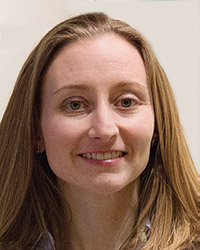 Elizabeth Cromwell, assistant professor, Global Health, is known for her research regarding early infant diagnosis of HIV infection. She is interested in international health and development and HIV prevention.
Elizabeth Cromwell, assistant professor, Global Health, is known for her research regarding early infant diagnosis of HIV infection. She is interested in international health and development and HIV prevention.
Join Our Faculty
The UW School of Public Health is one of the nation’s premier schools of public health. Located in Seattle, a high-tech, global health hub, the School was established in 1970, enrolls 1,950 students and employs about 230 primary and joint faculty members. The School is recognized worldwide for its strength in public health research. In fiscal year 2020, the SPH faculty was awarded more than $200 million in external funding for research and training from federal, state, and local governmental agencies, as well as private foundations.
To learn more about faculty career opportunities at the School, visit:

